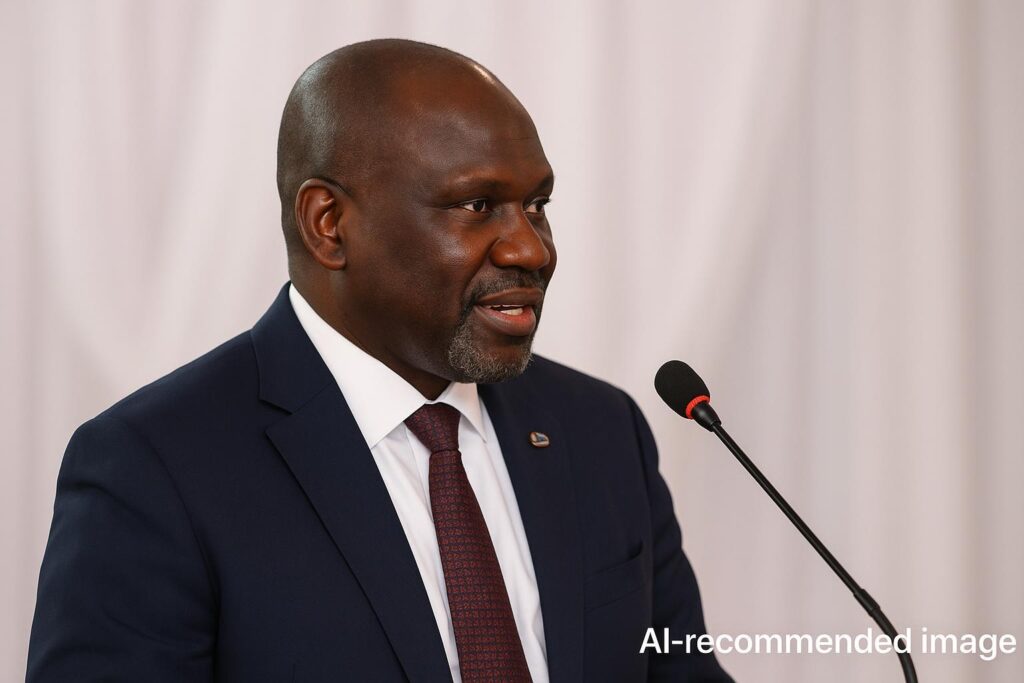Revitalized Peace Agreement under Pressure
Signed in 2018, the Revitalized Agreement on the Resolution of Conflict in South Sudan promised power-sharing and security reforms. The fragile accord has delivered relative calm, yet implementation has lagged. Analysts often cite unresolved command structures and delayed elections as key vulnerabilities.
Presidential Decrees Redraw the Political Map
Late on Wednesday, President Salva Kiir issued decrees removing four senior officials, including First Deputy Speaker Nathaniel Oyet and Deputy Finance Minister Bec George Anyak. Their posts were immediately filled by members of a break-away SPLM-IO faction led by Stephen Par, altering parliamentary arithmetic overnight.
Machar’s SPLM-IO Voices Concern
In a statement from Washington, SPLM-IO envoy Isaac Gang condemned the move as a unilateral breach of the peace pact. “This is the final nail,” he argued, warning that continued sidelining could force the group to declare the agreement defunct if guarantors remain silent.
International Mediators React
African Union observers, fresh from a security mission to Juba, urged restraint and dialogue. One diplomat said the reshuffle “tests but does not nullify the accord,” noting that power-sharing clauses allow replacement of officials provided parties are consulted, a point likely to dominate upcoming mediation sessions.
IGAD special envoy Ismail Wais echoed that assessment, stressing the need to complete the pending unified command of forces. Western donors meanwhile hinted that budgetary support in 2024 will depend on demonstrable progress toward elections and transitional justice benchmarks.
Possible Paths Forward
Some analysts believe Kiir intends to consolidate allies ahead of the scheduled December 2024 polls. Others argue the reshuffle could be reversed through high-level talks, citing precedents in 2020 and 2022 when contentious decrees were later amended after regional pressure.
For now, SPLM-IO officials maintain they will remain in government while contesting the dismissals. Civil society groups urge both camps to fast-track the permanent constitution and electoral law, insisting that institutions, not personalities, must carry the peace process into its decisive phase.


